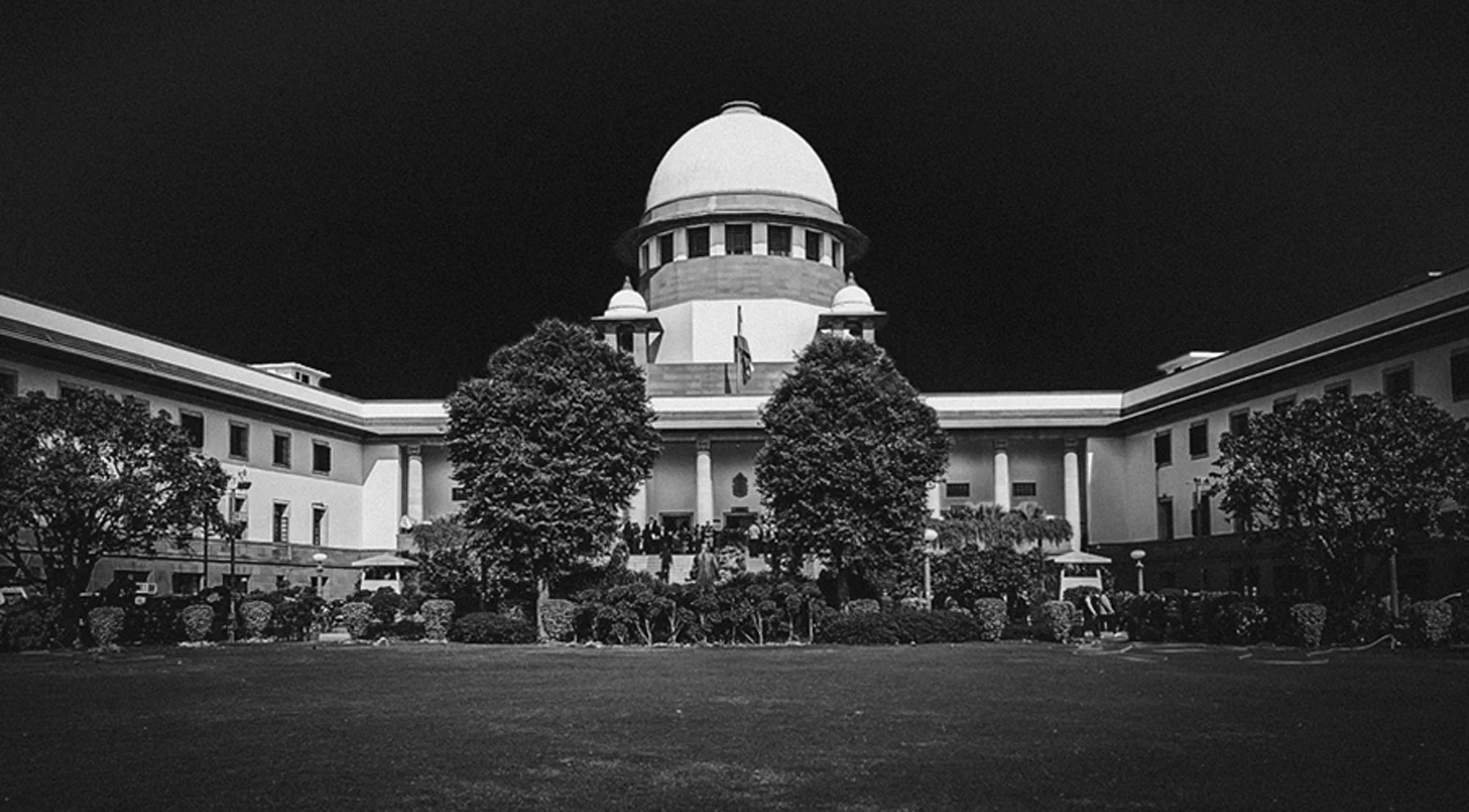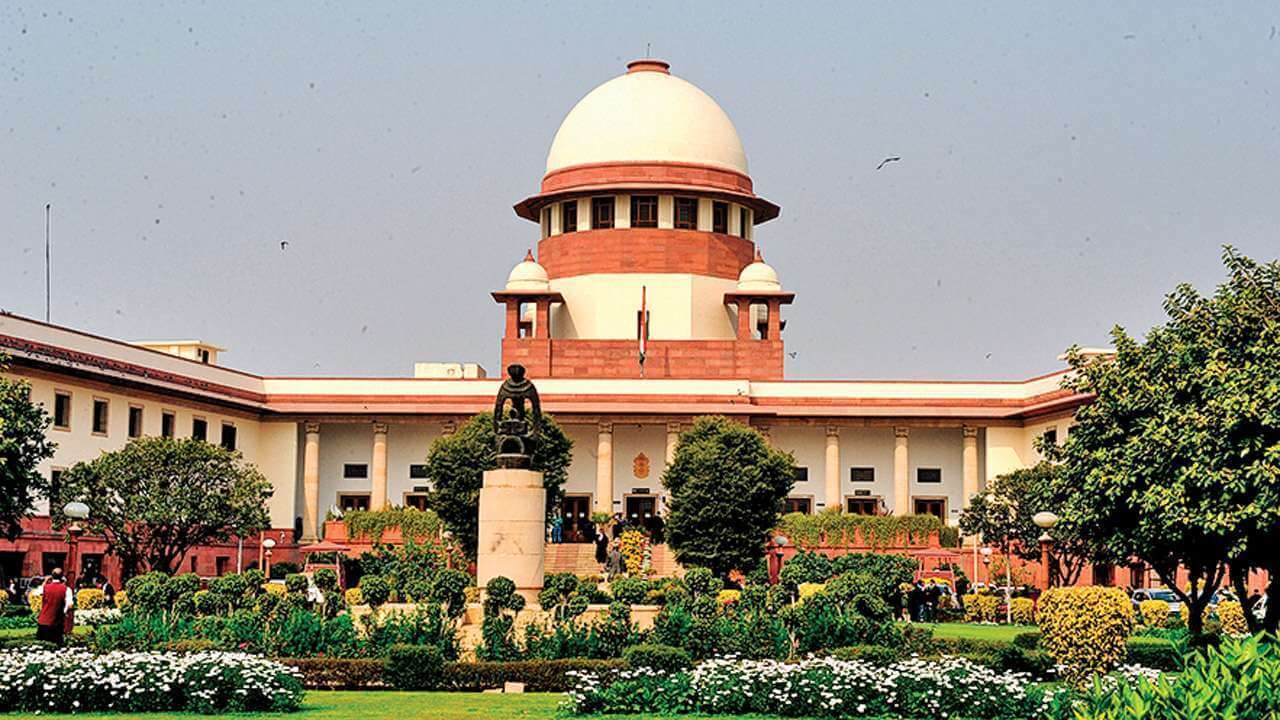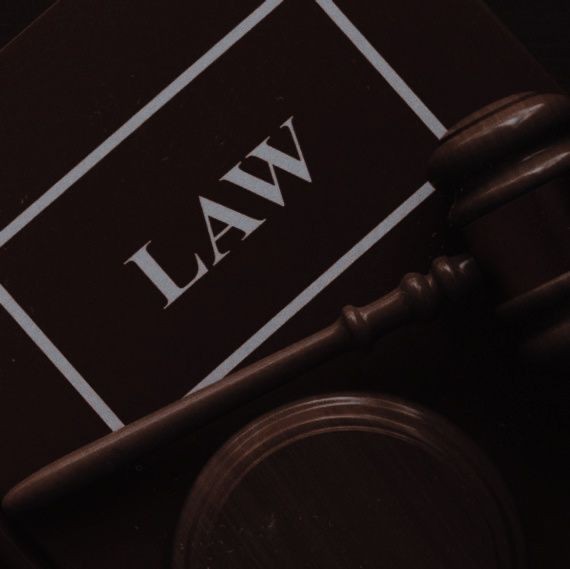Res-judicata - Applicability - Principles
Normally, a decree passed by a court of competent jurisdiction after adjudication on the merits of the rights of the parties operates as res judicata in a subsequent suit or proceedings and binds the parties or the persons claiming rights, titles or interests from the parties. Its validity should be assailed only in an appeal or revision, as the case may be. In subsequent proceedings, its validity cannot be questioned. A decree passed by a court without jurisdiction over the subject matter or on other grounds which goes to the root of its exercise or jurisdiction lacks inherent jurisdiction. It is a coram non judice. A decree passed by such a court is a nullity and is non est. Its invalidity can be set up whenever it is sought to be enforced or is acted upon as a foundation for a right, even at the stage of execution or in collateral proceedings. The defect of jurisdiction strikes at the authority of the court to pass a decree which cannot be cured by consent or waiver of the party. If the court has jurisdiction but there is a defect in its exercise which does not go to the root of its authority, such a defect like pecuniary or territorial, could be waived by the party. They could be corrected by way of an appropriate plea at its inception or in appellate or revisional forums, provided law permits. The doctrine of res judicata under S. 11 CPC is founded on public policy. An issue of fact or law or mixed question of fact and law, which are in issue in an earlier suit or might and ought to be raised between the same parties or persons claiming under them and was adjudicated or allowed uncontested, becomes final and binds the parties or persons claiming under them. Thus, the decision of a competent court over the matter in issue may operate as res judicata in subsequent suit or proceedings or in other proceedings between the same parties and those claiming under them. But the question relating to the interpretation of a statute touching the jurisdiction of a court unrelated to questions of fact or law or mixed questions does not operate as res judicata even between the parties or persons claiming under them. The reason is obvious; a pure question of law unrelated to facts which are the basis or foundation of a right, cannot be deemed to be a matter in issue. The principle of res judicata is a facet of procedure but not of substantive law. The decision on an issue of law founded on fact in issue would operate as res judicata. But when the law has, since the earlier decision, been altered by a competent authority or when the earlier decision declares a transaction to be valid despite prohibition by law, it does not operate as res judicata. Thus, a question of jurisdiction of a court or of a procedure or a pure question of law unrelated to the right of the parties founded purely on a question of fact in the previous suit, is not res judicata in the subsequent suit. A question relating to the jurisdiction of a court or the interpretation of provisions of a statute cannot be deemed to have been finally determined by an erroneous decision of a court. Therefore, the doctrine of res judicata does not apply to a case of decree of nullity. If the court inherently lacks jurisdiction, consent cannot confer jurisdiction. Where certain statutory rights in a welfare legislation are created, the doctrine of waiver also does not apply to a case of decree where the court inherently lacks jurisdiction.
please see;
Sushil Kumar Mehta v. Gobind Ram Bohra (1990) 1 SCC 193




















_20250714_964f1.jpg)








